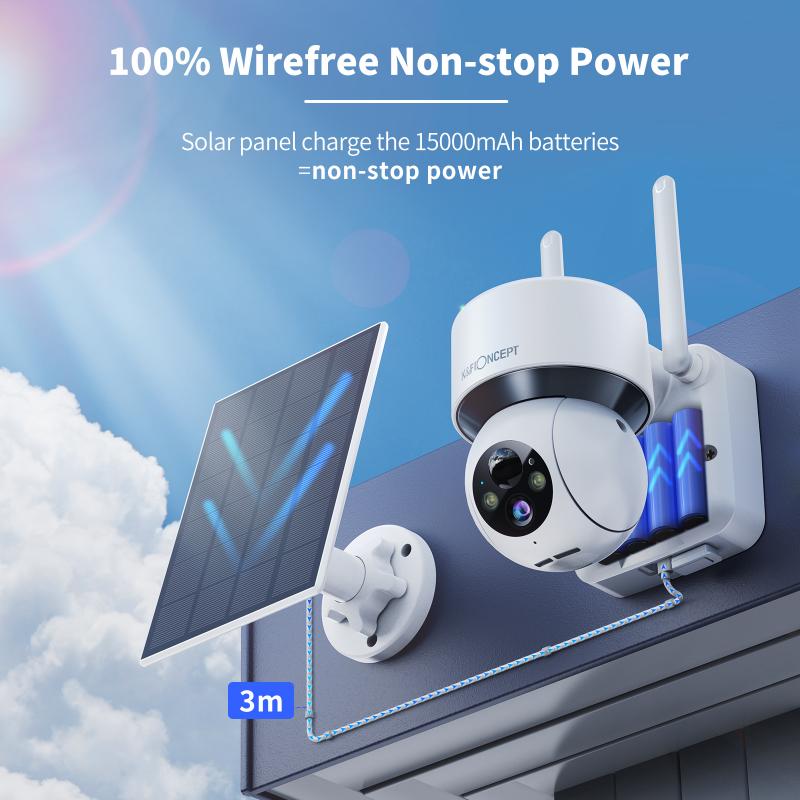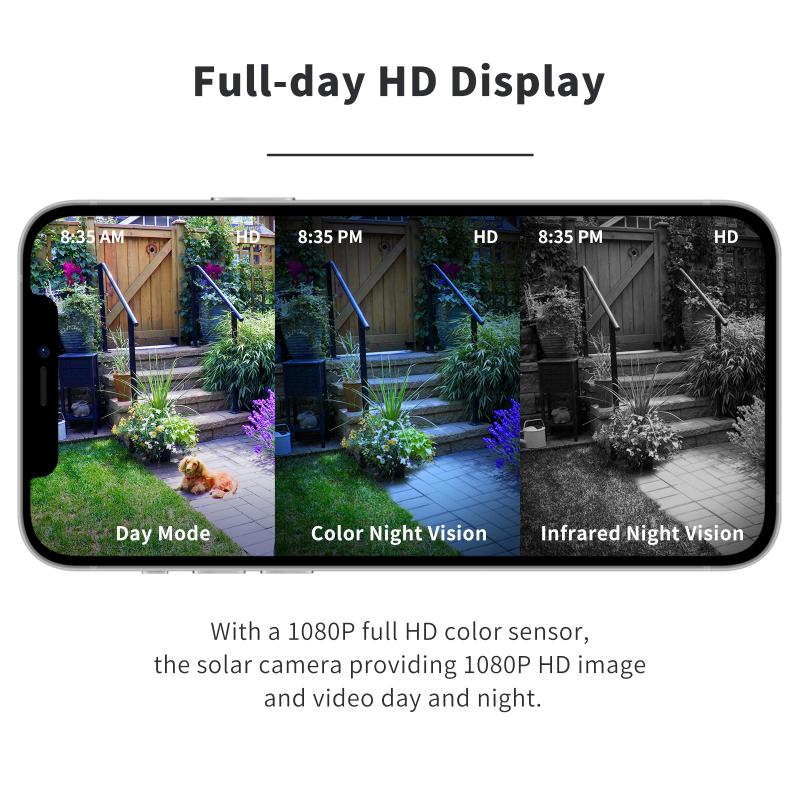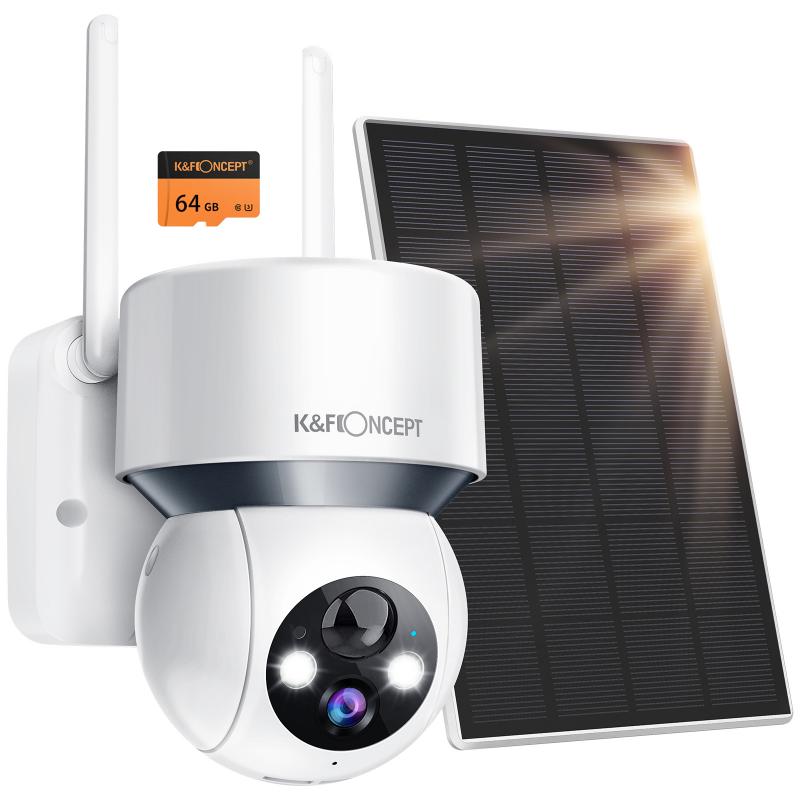How Much Are Solar Panels For Home?
The cost of solar panels for home use is a topic of increasing interest as more homeowners look to renewable energy solutions to reduce their carbon footprint and save on energy costs. Understanding the various factors that influence the cost of solar panels can help homeowners make informed decisions. In this article, we will explore the different aspects that affect the price of solar panels, the potential savings, and the overall benefits of investing in solar energy for your home.
Understanding the Cost of Solar Panels

The cost of solar panels for a home can vary widely based on several factors. These include the size of the solar panel system, the type of solar panels used, the installation costs, and any additional equipment or services required. Here’s a breakdown of these factors:
1. System Size: The size of the solar panel system is one of the most significant factors affecting the cost. A larger system that generates more electricity will naturally cost more. The size of the system you need depends on your household’s energy consumption and the amount of sunlight your location receives.
2. Type of Solar Panels: There are different types of solar panels available, including monocrystalline, polycrystalline, and thin-film panels. Monocrystalline panels are typically more efficient and more expensive, while polycrystalline panels are less efficient but more affordable. Thin-film panels are the least efficient but can be cheaper and more flexible in terms of installation.
3. Installation Costs: Installation costs can vary depending on the complexity of the installation, the location of your home, and the installer’s rates. Roof-mounted systems may be more expensive to install than ground-mounted systems due to the additional labor and equipment required.
4. Additional Equipment: Besides the solar panels themselves, you may need additional equipment such as inverters, batteries, and mounting hardware. Inverters convert the direct current (DC) electricity generated by the panels into alternating current (AC) electricity used by your home. Batteries can store excess energy for use when the sun isn’t shining.
5. Permits and Incentives: The cost of permits and inspections can add to the overall cost of your solar panel system. However, many regions offer incentives, rebates, and tax credits that can significantly reduce the net cost. It’s essential to research and take advantage of these incentives to lower your investment.
Average Cost of Solar Panels

As of 2023, the average cost of a residential solar panel system in the United States ranges from $15,000 to $25,000 before any incentives or rebates. This cost is typically measured in dollars per watt, with the average price being around $2.50 to $3.50 per watt. For a typical 6-kilowatt (kW) system, this translates to a total cost of approximately $15,000 to $21,000.
Potential Savings and Return on Investment

One of the primary reasons homeowners invest in solar panels is the potential for long-term savings on energy bills. The amount you can save depends on several factors, including your current energy costs, the amount of sunlight your location receives, and the efficiency of your solar panel system.
1. Energy Bill Savings: By generating your own electricity, you can significantly reduce or even eliminate your monthly energy bills. The average American household spends about $1,500 per year on electricity. With a solar panel system, you could save a substantial portion of this amount, depending on your energy consumption and the size of your system.
2. Net Metering: Many regions offer net metering programs, which allow you to sell excess electricity generated by your solar panels back to the grid. This can further offset your energy costs and increase your savings.
3. Return on Investment (ROI): The ROI for solar panels can be quite attractive. Most homeowners can expect to recoup their initial investment within 7 to 10 years through energy savings and incentives. After this payback period, the electricity generated by your solar panels is essentially free, providing ongoing savings for the life of the system, which can be 25 years or more.
Environmental Benefits

Beyond the financial savings, investing in solar panels has significant environmental benefits. Solar energy is a clean, renewable resource that reduces greenhouse gas emissions and dependence on fossil fuels. By installing solar panels, you contribute to a more sustainable future and help combat climate change.
Choosing the Right Solar Panel System
Selecting the right solar panel system for your home involves several considerations. Here are some tips to help you make the best choice:
1. Assess Your Energy Needs: Start by evaluating your household’s energy consumption. Look at your past energy bills to determine your average monthly usage. This will help you estimate the size of the solar panel system you need.
2. Evaluate Your Roof: The condition and orientation of your roof can impact the efficiency of your solar panels. South-facing roofs with minimal shading are ideal for solar energy production. If your roof isn’t suitable, consider ground-mounted systems or other installation options.
3. Get Multiple Quotes: It’s essential to get quotes from several reputable solar installers. Compare the costs, equipment, warranties, and services offered by each company. This will help you find the best value for your investment.
4. Research Incentives: Take advantage of any available incentives, rebates, and tax credits. These can significantly reduce the upfront cost of your solar panel system and improve your ROI.
5. Consider Financing Options: If the upfront cost of solar panels is a concern, explore financing options such as solar loans, leases, or power purchase agreements (PPAs). These options can make solar energy more accessible by spreading the cost over time.
Investing in solar panels for your home is a smart decision that can lead to substantial financial savings and environmental benefits. While the initial cost can be significant, the long-term savings on energy bills, potential incentives, and the positive impact on the environment make it a worthwhile investment. By understanding the factors that influence the cost of solar panels and carefully selecting the right system for your needs, you can enjoy the benefits of clean, renewable energy for years to come.
